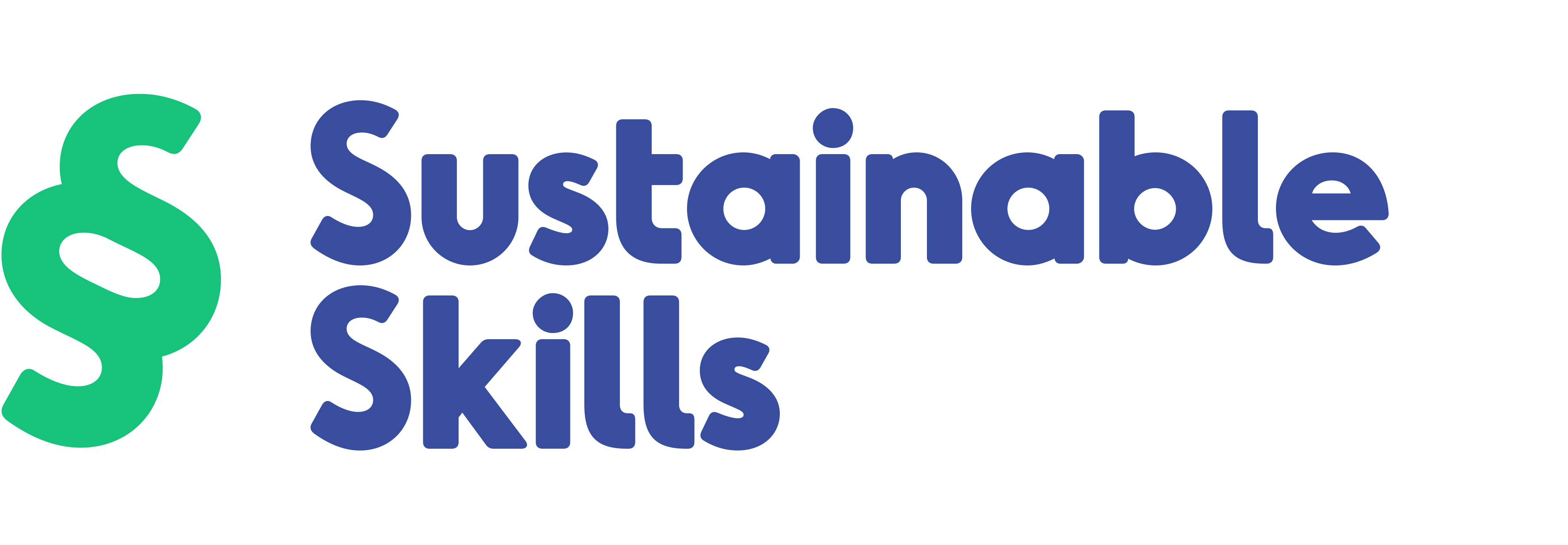UNESCO-UNEVOC presents a new trends mapping study on innovation in TVET
Recently released by UNESCO-UNEVOC, this report aims to improve the understanding on innovation in TVET among the international community, as well as to map current trends and showcase different types and experiences of innovation in TVET around the world.
Written by Jan Peter Ganter de Otero, the report clarifies what innovation means for the TVET community, taking into account the different stages of development they find themselves at and different geographic, socio-economic and political contexts. The study presents a general framework that helps to analyse the development and implementation of innovative practices in TVET, including in organizational practices, ecosystem engagement, teaching and learning processes, and products and services offered by TVET institutions.
Key findings
The study identifies several important issues from the literature review, questionnaires and a virtual conference on innovation in TVET that was held in February 2019:
- Innovation comprises substantial change in the way TVET is practiced by an institution, making it progressively more relevant to its economic, social and environmental context.
- The deployment of a broad set of organizational practices in TVET (including planning, financing, human resource management, administrative structure, and internal monitoring and communication) is crucial to support the development of innovation in TVET.
- It is crucial for TVET institutions to consider a comprehensive human resource management approach to build their capacity to develop and implement innovative practices. All types of TVET institutions (ministries, national bodies, training centres and universities) reported a focus on training and skills development as their main human resource management practice. The study found that there was a lack of human resource management practices concerning recruitment, appraisals and incentives.
- Innovations in the way TVET institutions reach out and foster relationships with external actors (ecosystem) are not only crucial to overcome barriers when it comes to collaboration between the TVET system and other sectors (including business), but can also be pursued with aims of creating a stronger and supportive sense of community between different stakeholders and enhancing the status of TVET.
- Innovations in teaching and learning processes help to enhance the quality of TVET programmes, projects and initiatives.
- Promoting technology diffusion and applied research in TVET can also act as an engine for innovation in local community and the society.
- The great majority of the TVET institutions reported that the lack of time, resources or staff are significant barriers to develop innovative practices.
The final part of this report provides recommendations divided in three different levels: system, policy, and institutional levels.
Download the report: Trends mapping – Innovation in TVET
Join the online discussion
From 28 October, UNESCO-UNEVOC hosted an online discussion on the TVeT Forum on planning for innovation in TVET. This online discussion will be led by Jan Otero, author of Trends mapping – Innovation in TVET, and will focus on the process of planning for innovation in TVET institutions, schools and training centres.
To access the online discussion, you will need to have a UNEVOC account.


